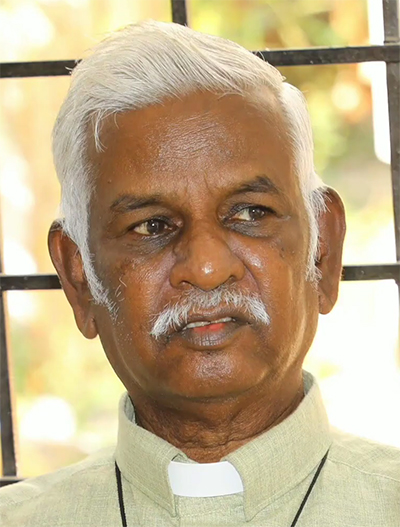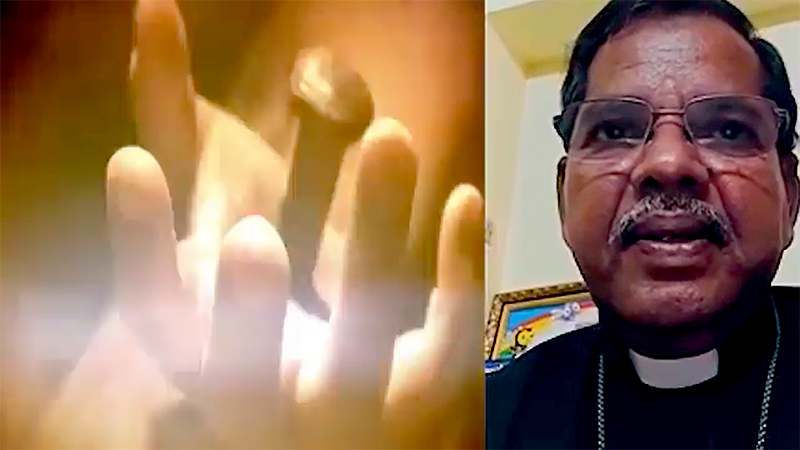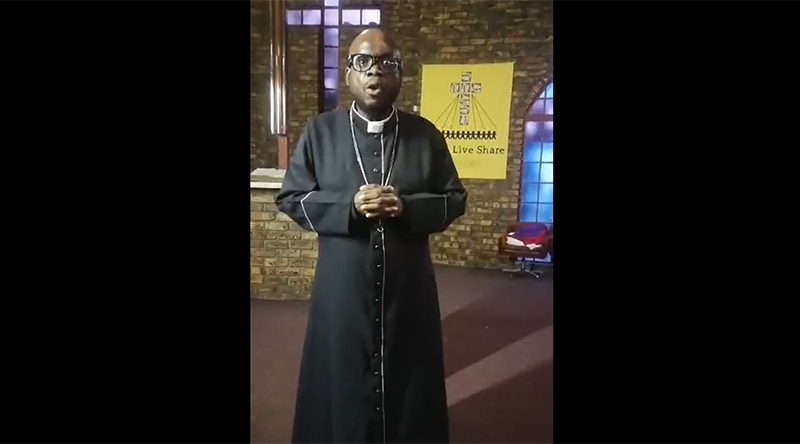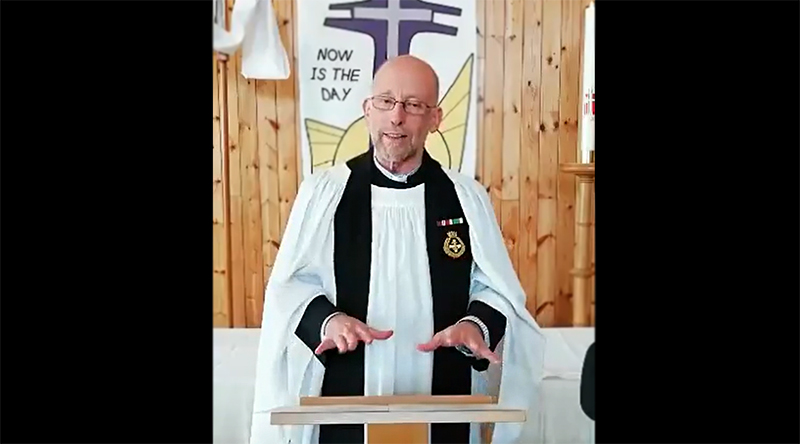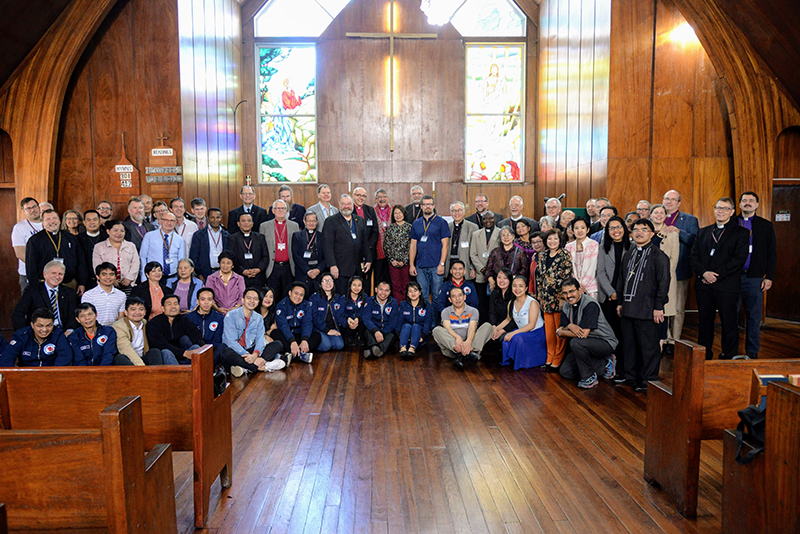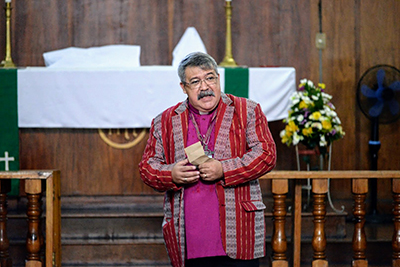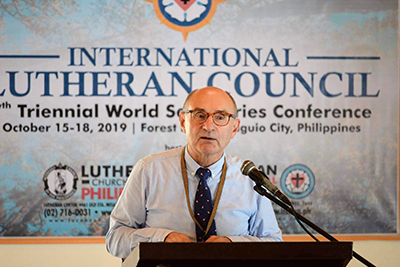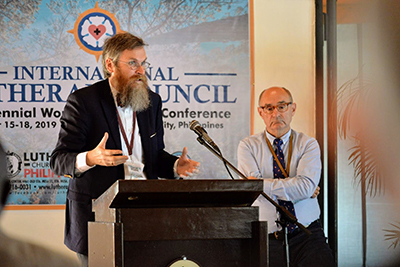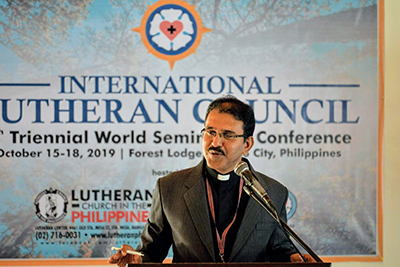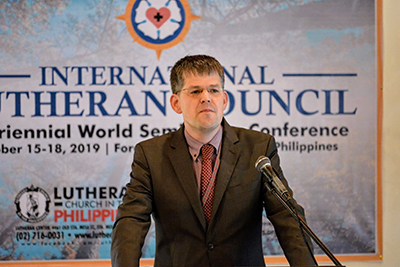INDIA – Rev. Dr. Joseph Samuel, President Emeritus of the India Evangelical Lutheran Church (IELC), died on March 22, 2022 in Vellore, India after a prolonged illness. He was 74 years old.
Dr. Samuel was born on January 15, 1948. He received his theological training at Concordia Theological Seminary in Nagercoil, graduating in 1972. He was subsequently ordained in 1974, and spent more than 38 years serving as pastor in Kolar Gold Fields at Our Saviour Lutheran Church, a congregation of the IELC’s Ambur Synod. He would go on to serve the India Evangelical Lutheran Church as President for two terms.
Dr. Samuel was also the founder of Happy Home, an organization that provides care to underprivileged children with special needs.
Dr. Samuel was “a man who had a heart for the poor, for children with special needs, and for the socially ostracized,” the church recollected in an announcement on his death. “He was a fearless leader who fought battles with strong faith in his Saviour. He was a staunch Lutheran who stood for confessional Lutheran beliefs and the traditions of the church. He tolerated afflictions, fought the good fight, and finished the race. May his memory be blessed.”
Dr. Samuel was predeceased by his wife, Stella. He is survived by two daughters, their husbands, and four grandchildren.
A funeral service was held on March 23, 2022 at Trinity Lutheran Church in Marikuppam, Kolar Gold Fields, with the service also live-streamed online.
———————

